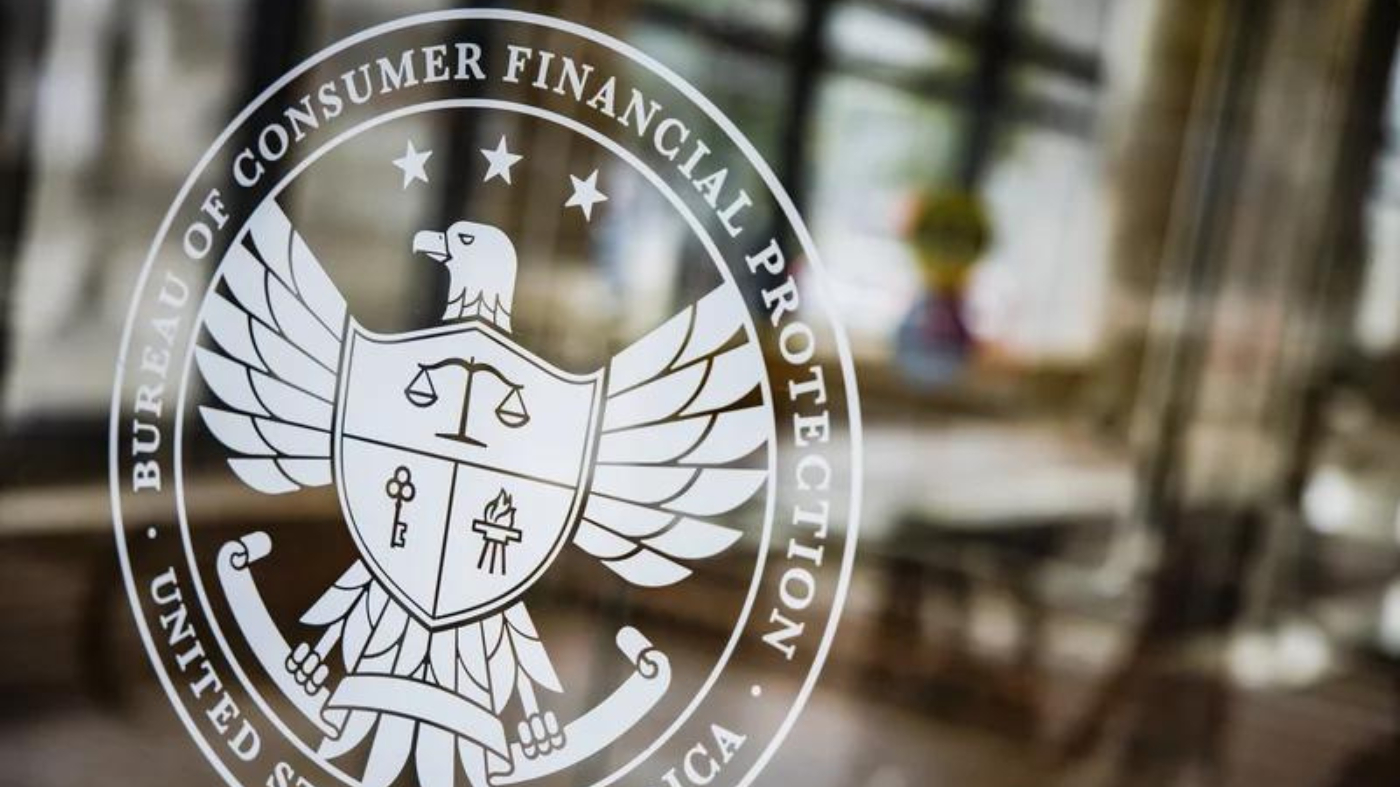
Off Script: Conservatives and the Chopra Rule
David B McGarry
November 4, 2025
The spectacle of politics in anno Domini 2025 is a strange one; the actors often speak lines that seem not to be in the script and that are distinctly out of character. One of the latest scenes that leaves onlookers wondering whether the late seasons of the drama-turned-sitcom of American public life has lost the plot involves conservatives surging to defend a little-known regulation promulgated by one of the Biden administration’s most radical and reviled bureaucrats, former Consumer Financial Protection Bureau (CFPB) director Rohit Chopra. The regulation in question is Chopra’s Rule 1033 (the so-called open banking rule), proposed and finalized pursuant to the statutory requirements of the 2010 Dodd-Frank Act, which required banks to provide consumers’ financial data to consumers themselves or to their representatives.
Elected on the promise to be unlike his predecessor, President Trump and his administration at first stood firm against the rule, only for that resolve to weaken in recent months. Now, the rule’s fate remains uncertain. Forgetting their usual sensible distaste for Biden’s bureaucratic adventurism, some conservatives have massed to defend Chopra’s folly, recasting a dry—though not unimportant—squabble over the regulation of financial services as the culture war’s latest contested salient. The arguments they offer are unconvincing. Despite these conservatives’ newfound respect for Biden-era blunders, Rule 1033 remains a profoundly misguided piece of bureaucratic malfeasance.
In a recent column in the Washington Examiner, commentator Bethany Mandel describes the contest as such: large banks, the legacy financial institutions, are loath to provide data to the upstart financial-technology firms that serve, among others, independent journalists. The banks’ “goal is straightforward: limit how easily consumers can connect their bank data to independent apps and platforms, and impose ‘account access fees’ on fintech companies that rely on these connections,” Mandel writes. “This is why the fight over Rule 1033 is bigger than journalism, fintech, and partisan politics,” she adds. “It is about whether Americans will retain the ability to participate in public life without permission from centralized institutions.”
Rule 1033 is not, in fact, a pillar without which the edifice of a free society will collapse—as the Taxpayers Protection Alliance (TPA) noted in a recent op-ed. That argument will not be recapitulated here. However, lurking within the narrative Mandel and others have concocted, an observant reader finds ample refutation of the Chopra conservative position.
Mandel’s protagonist is Rachel Reeves, a mother and independent journalist who found wild success on Substack and social media amid the turmoil of the Covid era. Reeves’ is an American success story, a product of the freedom offered by innovative digital platforms. “If Rule 1033 is gutted and account access fees become the norm, that freedom will disappear,” Mandel writes. The trouble is, Reeves cultivated her audience before Rule 1033 took effect; in fact, the rule, not finalized until October 2024, has yet to take effect, as a court delayed its enforcement until 2026. In light of Mandel’s own reporting, it simply cannot be maintained that the absence of the CFPB’s intervention will result in the disappearance of independent journalists. Such journalists have thrived thus far and will continue to do so.
Mandel depicts opposition to the open-banking rule as a lobbying campaign carried on by the banking industry. Although banks do generally—and rightfully—object to Chopra’s overreach, the forces supporting Rule 1033 are no disinterested philanthropists. Indeed, the loudest praise for the rule emanates from other interested parties: crypto firms, data aggregators, and upstart financial-services platforms that would benefit from no-cost access to vast tranches of consumer data. Mandel’s essay does not take note of these competing—and equally egoistic—business interests, although she cites “an industry briefing” advocating the open-banking rule. The fact that this industry might have a financial incentive to defend this rule—which allows, e.g., data aggregators to access consumer data for purposes other than providing services to the consumers whose data is taken—goes unnoticed.
What may appear to be a squabble between industries is more of a test of whether the government will embrace harmful and counterproductive regulations. Rule 1033 will not help consumers; it will only aid one particular industry.
